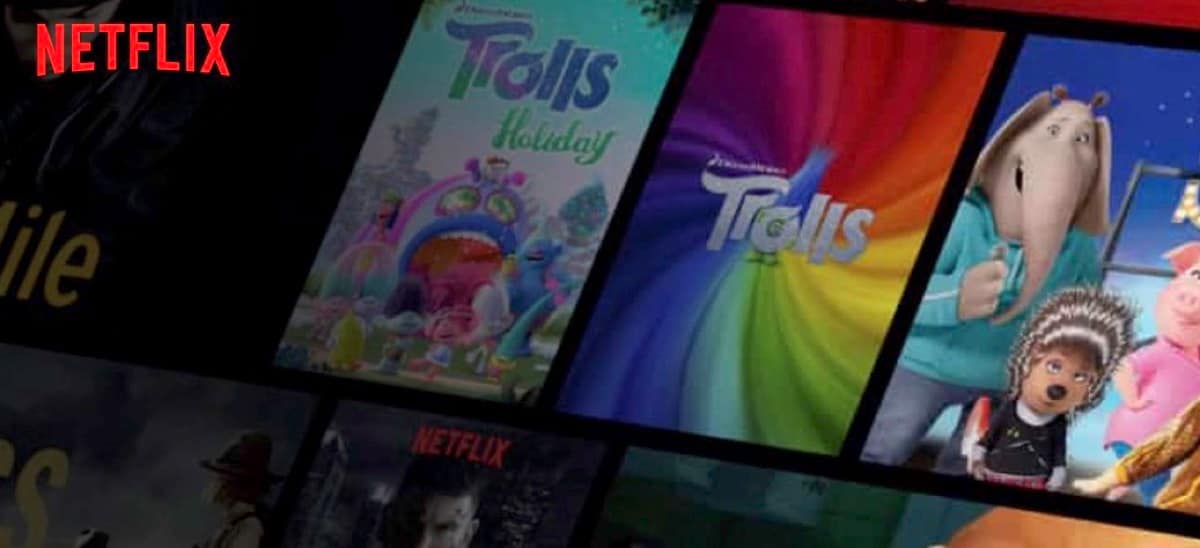T-Mobile announced awhile back that, with some restrictions, it will pay for your basic HD Netflix account. If you want the UHD Netflix account, T-Mobile will bill for the $3 difference.
There are lots of caveats in this offer, so read all details.

But Why?
Companies offer promotions from time to time, but this one caught my attention because, just recently, I read that “T-Mobile is becoming a cable TV provider” Business Insider is reporting:
T-Mobile acquired cable TV startup Layer3 TV in an effort to become a cable TV provider.
The TV service will be available in 2018, but it’s still unclear exactly where the service will be available.
T-Mobile will compete against traditional cable TV providers like Comcast and Time Warner.
T-Mobile will make a play to be the only wireless carrier you’ll ever need, once they entangle you with Netflix. That’s not surprising. AT&T has developed U-verse (internet TV delivery) and acquired DIRECTV. Verizon is working on its own TV strategy with, apparently, mixed success. The opening and closing paragraphs of the above linked Verizon article are instructive.
Thanks to those gosh-darn millenials’ refusal to pay $100 a month for a cable package, the traditional TV industry is going through a tough time right now. Pay TV packages are being dropped faster than ever before, and new cord-cutting cable alternatives are popping up every months.
…
This isn’t a simple problem for cable giants to solve: Cord-cutting is an existential threat to the incredibly profitable regional cable monopolies that have existed for the last 40 years, and no established telecoms company has worked out how to transition to the modern age without shedding subscribers and profits.
Putting it All in Context
There’s almost an impossible number of combinations of services. That’s intentional because, as described above, cable companies can’t shed traditional, expensive packages without acquiring control of internet delivery and content. There’s a lot of jockeying for position going on. It’s going to continue because, with modern computer, internet, and video technology, if something can be done, it will be done. Plus, partnerships that used to benefit consumers lean more, today, towards benefiting the companies involved—despite marketing spin.
Sometimes that means that customers think they see a good deal but get embroiled in plans that limit choice. For example, having to manage your Netflix account through T-Mobile could end up being a headache.
Smart TVs
Smart TVs with built-in apps might seem to simplify part of the situation, but as this article at Forbes explains, the apps provided may not be as secure or as capable as desired. Or the user experience may no be as good as with streaming OTT boxes that are especially designed to do that job.
I’ve discussed the cord-cutter’s dilemma before. But if there’s one thing that’s clear, it would be very difficult for Apple to step into this very bizarre and complicated industry to make our lives better in a grand, fundamental way. Apple appears wise to focus on delivering great content instead.
Signs and Simplicity
The only way for the industry to navigate through the demise of the legacy coaxial cable is to offer so many attractive services, most with original content, that the industry’s revenue continues to grow. But that means that consumers are presented with endless attractive (yet confusing) options. Revenue is maximized.
How customers choose to implement various services and equipment is an continuing challenge, and the choices will only become more difficult to deal with. The Apple TV isn’t for everyone, but if there’s one company nowadays that is able to focus on a simple, pleasing experience, it’s Apple.
And that, in the end, may be the answer. Simplification of services, living with the idea that one can’t have everything, and selecting the highest quality user experience is clearly within Apple’s grasp. That’s a realistic goal.

Sprint is now offering free HULU. To my knowledge, Sprint has no intension of being an ISP. So, maybe your reading too much into to T-Mobile / Netflix offer.
Here in Chicago AT&T U-Verse has had very limited reach over the last 15 years or so it has existed. Some blocks have fiber to a V-Rad box which coverts the fiber to high speed DSL. The block across from me has had U-Verse for 5 years. My block still has 768 k from the AT&T CO which is 3 miles away. Think they gave up on routing fiber to every block, thus the Direct TV purchase. AT&T is probably putting all their eggs in the wireless basket for 5G LTE. New suburban sub divisions and maybe newer city housing have high speed DSL. Older areas have old copper infrastructure and slow DSL. As an FYI AT&T got the Illinois legislature to pass a law to allow them to end land line telephone service over the next 3 years. I assume the DSL service will end as well.
As a result, Comcast is really the only choice for high speed internet besides cell phone unlimited plans offered by T-Mobile and Sprint or the more costly plans offered by AT&T and Verizon. I’m sure the cell phone plans will throttle data a some point. That’s the great consumer choice we have.